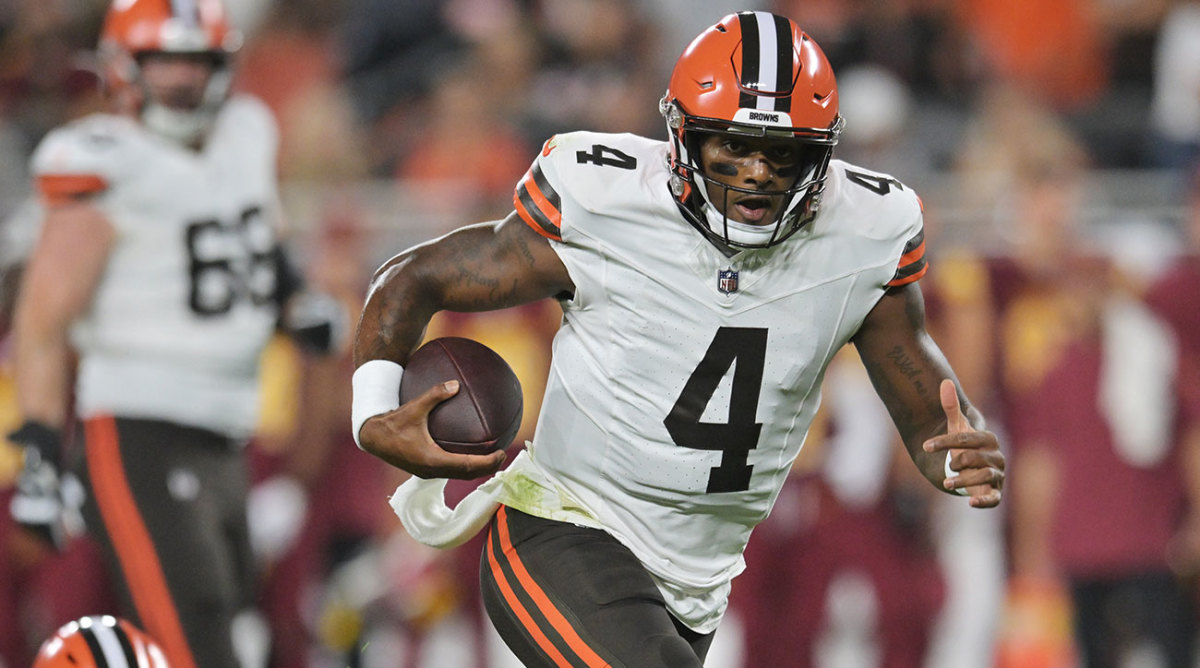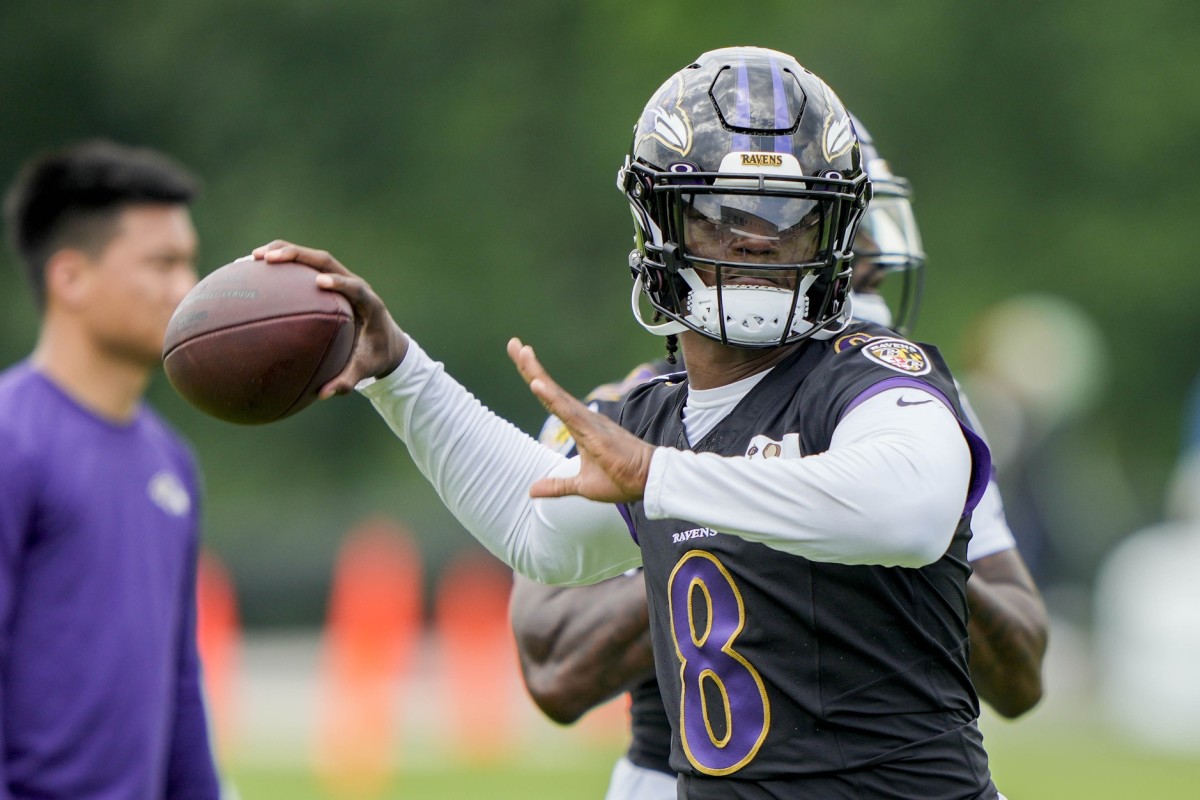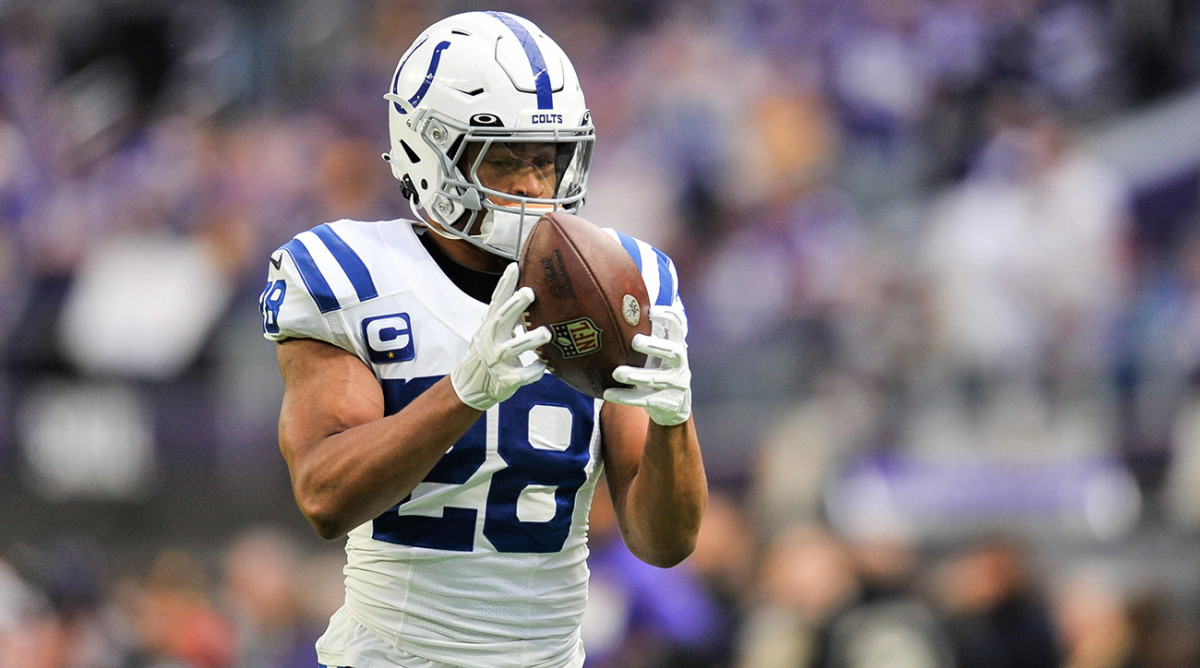NFL Owners Are Succeeding in Taking More Power Back From the Players

I have written often over the last decade in this space about the tilted relationship between NFL management (owners, teams, commissioner) and NFL labor (players, union, agents). Starting with the 2011 lockout, the owners have been intent on “resetting the economic model,” which is management-speak for clawing back whatever they can from the players. And they have been dramatically successful in achieving that objective.
An economic model that was a 50-50 revenue split between owners and players is now between 52 and 53% for owners and 47–48% for players, with those percentage points amounting to billions of dollars over the lengths of these collective bargaining agreements. And the 47–48% for players does not even include a percentage of revenue sources such as premium seating, stadium naming rights, most gambling revenue, real estate appreciation, etc. Beyond economics, the owners have forged a 17th regular-season game for each team, an extra playoff game in each conference and wide-ranging penalties to snuff out player discontent.
And here is the kicker: The balance seems to be getting worse, not better, for the players. This offseason alone has seen some further examples of owners, well, putting players in their place. They are taking an even tougher stance toward the players that seems, in some ways, even punitive. Why? I’m not sure. Perhaps it’s as simple as, “Because they can.” Let’s examine.

Personal conduct power
Not only did Deshaun Watson’s fully guaranteed contract with the Browns bother other owners around the league, the league’s inability to give him a season-long suspension rankled them as well. A pattern of behavior toward dozens of massage therapists that was termed “predatory” by the NFL’s own disciplinary officer, Judge Sue Robinson, resulted in only an 11-game removal from the field. Meanwhile, players are suspended for a year—or even banished from the NFL entirely—for making a few wagers while playing in a league that has embraced sports betting.
To cure the Watson issue going forward, the NFL decided it needed an even stronger personal conduct policy. So voilà! It now has a stronger policy!
As far as we know, this was not collectively bargained with the players (if it was, there was no resistance at all). The existing policy was simply hardened, strengthened and made more robust to affect players (and protect owners).
Here are some of the revisions that serve to further protect management and penalize labor.
1) The definition of sexual assault was expanded, with more severe penalties.
In the Watson case, Judge Robinson was hesitant to discipline beyond the standard six-game suspension for sexual assault, despite her disgust with Watson. The owners wanted to cure that hesitancy.
Now the policy says: “Nothing precludes the Disciplinary Officer or Commissioner from imposing a suspension without pay of six games or more, including an indefinite suspension, for other types of prohibited conduct. A second violation will result in banishment from the NFL.”
Translation: In the future, conduct similar to Watson’s will result in an indefinite suspension.
2) Cooperation will not be beneficial to the player.
These lines were added to the policy: “Cooperation with any league investigation is required.” And, “Cooperation alone is not a mitigating factor.”
Judge Robinson had opined that Watson’s cooperation with the NFL investigation was a factor in deciding his punishment. That will no longer be the case.
3) Pre-NFL employment conduct can now be punished.
The following was added to the policy: “Nothing in this Policy should be read to limit the league’s authority to investigate or discipline potential Policy violations alleged to have occurred before a player is under contract or Draft-eligible.”
Never before has the NFL been able to punish a player for conduct prior to his getting drafted, as the entry point for discipline has always been draft day. No longer.
This is a major reach by the league, adding discipline for conduct while a player was in college or, potentially, high school. Were this in place before now, it would have potentially applied to players such as Joe Mixon, Tyreek Hill, Frank Clark and this year’s 10th pick, Jalen Carter, among others.
4) Owners and other team personnel are no longer “held to a higher standard.”
The policy no longer contains the language, “owners and club personnel, along with players, will be held to a higher standard.”
Players, fans and commentators have often noted a double standard for behavior by NFL owners such as Daniel Snyder, Jerry Jones, Jim Irsay, Michael Bidwill, Robert Kraft, Jimmy Haslam and others when compared to player behavior. The argument has been raised by the NFLPA several times in player discipline, and although it never really worked, now it can’t even be an argument.
The double standard is now official.
5) Players have a duty to disclose previous misconduct.
This new line was added to the policy: “Active and prospective players have an obligation to promptly disclose any such incidents to their club or the league office before signing a contract with a club.” It requires that a player, upon or before signing a contract, disclose any past misconduct, with the implication that a team can be released from further financial obligation (and pursue forfeiture of previous payments) if that misconduct were to surface.
This new language appears to stem from Antonio Brown (as many conduct issues do) and his week-long stint with the Patriots a few years ago. Brown knew of threatened litigation regarding past misconduct but did not tell the Patriots about it. This issue has now been modified to further protect the owners.

Quarterback contract structure
The general media portrayal of these quarterback contracts seems to be quite favorable toward the players (something the teams are fine with). Patrick Mahomes received $450 million; Jalen Hurts, Lamar Jackson and Justin Herbert are receiving more than $50 million a year! It sounds fantastic for the players.
Well, no. As for Mahomes, regular readers know my feelings there, as his is perhaps the most team-friendly superstar contract in sports, with so many shortcomings. It has paid him $63 million over its first three years; Lamar Jackson will make $80 million this year alone. Of course the Chiefs will eventually redo the deal, but having Mahomes under contract for his career gives them negotiating power when they do. And please, don’t tell me Mahomes is “doing it for the team.” He can always move around cap for that; he doesn’t need to take less cash.
As for the recent deals for Hurts and Herbert (and Joe Burrow’s to come), they are not worth $50 million a year; that is for the five extension years’ average. Hurts now has a six-year deal, and Herbert has a seven-year deal (Jackson is the only one with a straight five-year deal). Including what was left on their contracts, the numbers are lower. I know averaging more than $40 million a year is nothing to sneer at, but teams leverage the rookie contract system with these deals.
More importantly and more broadly, the owners have eliminated the biggest threat to their business model with player contracts: They have quashed any potential precedent from the Watson contract. Analysts like myself wondered whether Watson’s fully secured $230 million contract would set the table for other young (or old) quarterbacks; the owners took care of that possibility. Their concerted cries of, “Outlier!!” about the Watson deal have won the argument in Denver (Russell Wilson), Arizona (Kyler Murray), Baltimore (Jackson), Philadelphia (Hurts), L.A. (Herbert) and, soon, Cincinnati (Burrow). They have maintained the precedent of the pre-Watson structure of two to three years truly guaranteed and “we’ll see” about the rest.
I still receive this question often: Why don’t NFL players have fully guaranteed contracts as NBA and MLB players do? Well, they had their chance with Watson to change the game; it was teed up for a concerted effort by agents and the union. But that moment has passed, and now the Watson contract will go down as an aberration. The owners made sure of that.

Player contract discontent
Teams have always had leverage in the vast majority of player contract negotiations, but it now seems they are using that leverage more, even with the league’s top players.
As is the case every year, players have expressed their contract discontent in various ways, with some staging different versions of the hold-in: reporting to camp but not participating fully (or in any way) until contract issues are resolved. Of course, this disobedience would have more impact if the player stayed out of training camp, but the CBA took care of that, imposing harsh penalties for any kind of absence.
While some players—Danielle Hunter, Budda Baker, Matthew Judon—did receive contract adjustments, the team commitments were for only this year, adding 2023 money without any future commitment. Others, such as Nick Bosa, continue to wait for a contract renegotiation.
And then, of course, there are the running backs, a national topic of debate this summer. The Giants’ Saquon Barkley didn’t even get any new money, as the players above, only some hard-to-earn incentives requiring the Giants to make the playoffs. The Colts’ Jonathan Taylor was summoned to owner Jim Irsay’s bus to, it seems, be told how unimportant he was. And the Bills’ Nyheim Hines, who suffered a season-long injury being run over by a Jet Ski, is on NFI (non-football injury), where his salary was reduced from $2.65 million to $289,000—practice squad salary—and $500,000 in deferred bonus payments withheld. The Ravens’ J.K. Dobbins’s discontent hasn’t seemed to register. And, of course, Ezekiel Elliott and Dalvin Cook hadn’t signed contracts until Monday, while Leonard Fournette and Kareem Hunt remain unsigned as of this writing. The running back dystopia is only getting worse.
What is going on here, not even at the midpoint of the latest labor agreement between the owners and the players? Why are teams and owners flexing their muscles more than ever with the players? Why is it not enough that they have the most favorable labor structure of any major professional sport? Why do they want even more? Why do they keep rubbing the players’ noses in it?
The simple answer is this: Because they can. Emboldened by (another) team-friendly CBA, record media contracts and franchise sales showing skyrocketing valuations, these are salad days for NFL owners. And through their actions, and sometimes their words (Irsay and Jones cannot help themselves), they are letting the players know who the bosses are.
The age of player empowerment has somehow missed NFL players.
